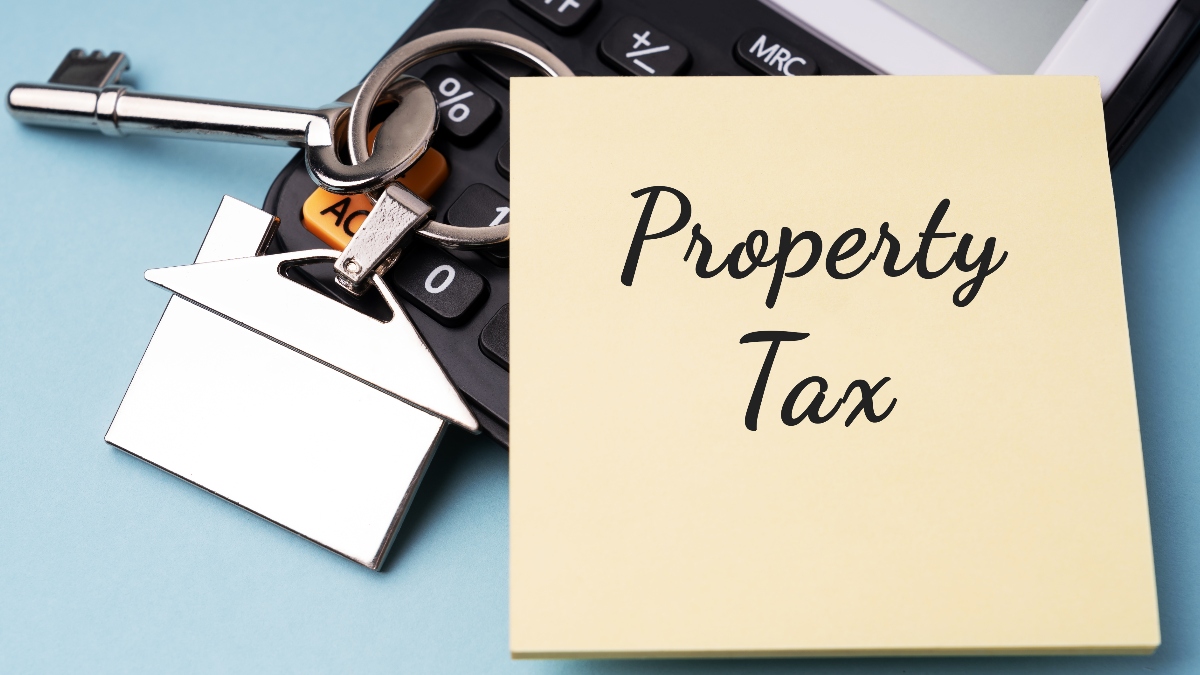Unlock Hidden Savings: The States Slashing Property Taxes for Seniors—Are You Eligible?
In most cases, your income must also be under a certain level to qualify. This makes it an especially helpful option for those on a tight budget.
More than 30 states have chosen to offer an exemption, freeze or credit. Here’s a look at what’s available currently for senior citizens:
- Alabama: Exemptions from the state portion of property taxes.
- Alaska: Exempts the first $150,000 of assessed home value.
- Arizona: Freezes the property value of a primary residence.
- Arkansas: Freezes the assessed value.
- California: Allows seniors to transfer their existing property tax base to a new home of equal or lesser value.
- Colorado: Exempts 50 percent of the first $200,000 in value of the primary residence.
- Connecticut: A credit up to $1,250 for married couples and $1,000 for single seniors.
- Delaware: A tax credit for the portion of the property tax bill that supports school funding.
- District of Columbia: A 50 percent property tax reduction.
- Florida: An exemption of up to $50,000.
- Georgia: A $4,000 exemption from county taxes.
- Idaho: A property tax reduction ranging between $250 and $1,500 on the home and up to 1 acre of land.
- Indiana: A $14,000 reduction of the assessed value of a qualifying home.
- Iowa: Exempts $6,500 of the taxable value.
- Kansas: A credit for up to 75 percent of the taxes on a primary home.
- Kentucky: A $49,100 exemption of assessed value.
- Louisiana: Freezes property tax assessments and exempts the first $75,000 of a home’s value from property taxes.
- Maine: A credit for a portion of the property tax or rent paid during the tax year.
- Massachusetts: A maximum credit of $2,730 (for tax year 2024).
- Michigan: A credit of up to $1,200, based on the amount property taxes exceeding 3.5 percent of income.
- Mississippi: Exempts $7,500 of assessed home value.
- Missouri: A credit of up to $750 for renters and $1,100 for seniors who live in their home.
- Montana: A credit up to $1,150.
- Nebraska: Property tax reductions on primary residence.
- New Jersey: Reimburses 50 percent of property tax bills, with a cap of $6,500 (in 2024).
- New Mexico: A credit of up to $250 (or $125 for married couples filing separately).
- New York: Up to 50 percent exemption of a home’s assessed value.
- North Carolina: Exempts the greater of $25,000 or 50 percent of the home’s assessed value.
- North Dakota: Homestead property tax credits and renters’ credits.
- Ohio: A $26,200 exemption of assessed value.
- Oklahoma: The Senior Valuation Limitation freezes the fair cash value of a qualifying home
- Pennsylvania: Rebates ranging from $380 to $1,000.
- South Carolina: Exempts the first $50,000 in fair market value.
- South Dakota: A yearly refund of property taxes.
- Tennessee: Reimburses a portion or all of property taxes as a credit.
- Texas: Requires school districts to offer an additional $10,000 homestead exemption for seniors. Local jurisdictions may offer an additional exemption of at least $3,000.
- Utah: Offers a maximum property tax credit for renters of $1,259.
- Washington: Three tiers of exemptions based on combined disposable income.
- West Virginia: A property tax credit up to a maximum of $1,000.
- Wisconsin: Homestead and school property tax credits.
Each state has its own specific criteria, so it’s a good idea to do research about the programs where you live.














Post Comment